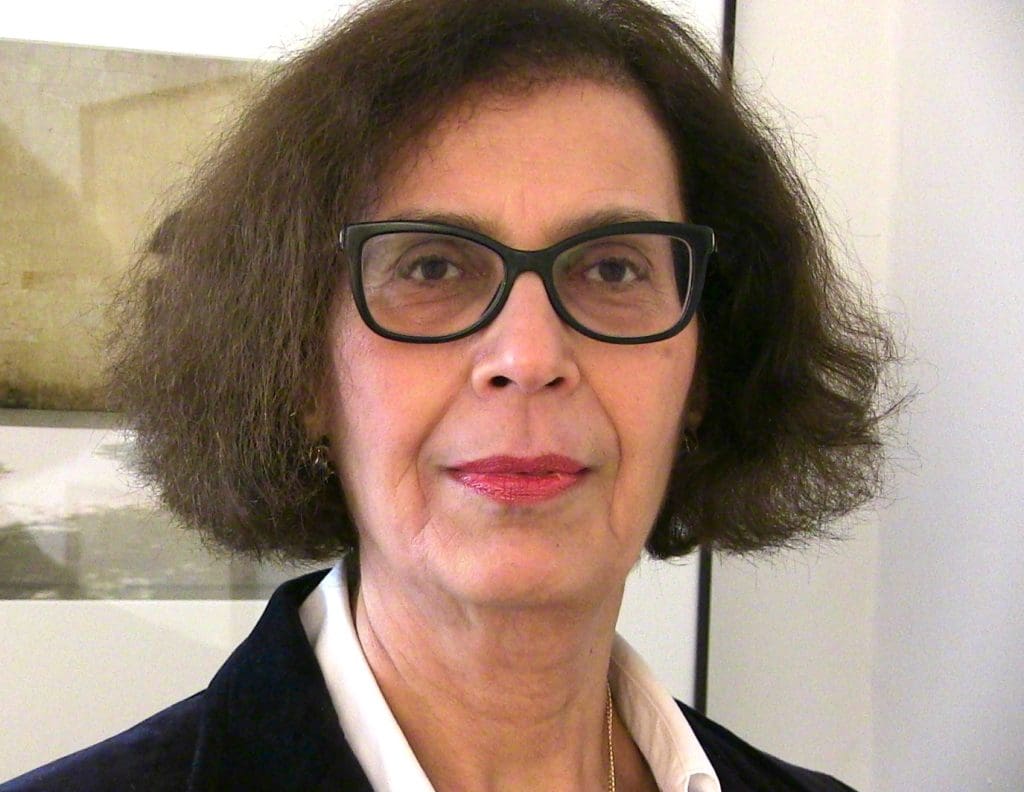The possibility of relaunching meaningful peace talks between Israelis and Palestinians is remote given the political realities in both countries. The challenges facing states across the Middle East—civil conflict, refugee flows, and the threat posed by terrorism—have dominated the policymaking space to the exclusion of Israeli-Palestinian peace. The priority seems now to have become one focused on preventing violent extremism from taking root in Palestine, shoring up the Palestinian institutions of government and supporting economic development and opportunity for Palestinians until the environment is ripe for a comprehensive agreement.
On October 13, New America hosted an expert panel from Al Shabaka: The Palestinian Policy Network that explored the promise and pitfalls of development and "economic peace" in the absence of a political horizon in the occupied Palestinian territory. The panelists argue that a focus on economic development should complement rather than be seen as a substitute for progress on the political front. They also examine efforts to nurture the Palestinian social, political, and cultural fabric as the occupation enters its 50th year.
Featured Speaker
Online Webinar








